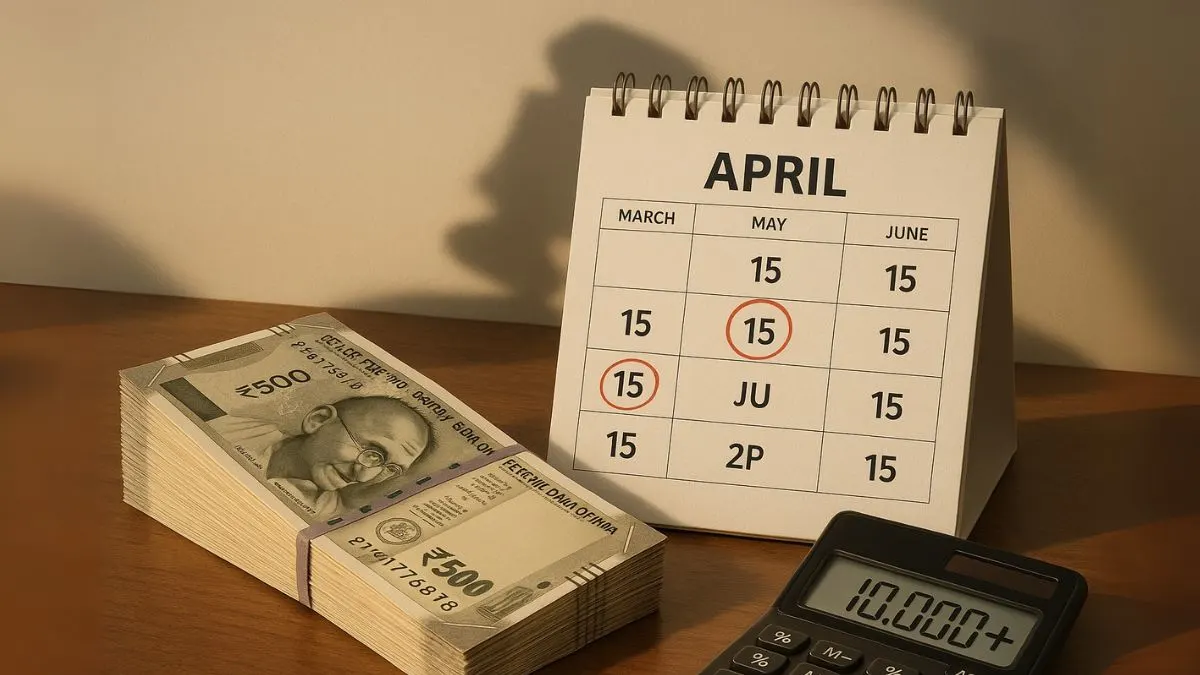
When it comes to tax compliance in India, one section that often confuses taxpayers is Section 207 of the Income Tax Act. This section deals with the concept of advance tax—a system where tax shall be payable in advance during any financial year instead of waiting until the year-end to settle dues. In other words, if your total tax liability in a financial year exceeds ₹10,000, you need to pay it in installments as prescribed by the Income Tax Department.
The aim of Section 207 of income tax act is to ensure the government gets a steady inflow of revenue, and taxpayers avoid a big lump sum burden at the end of the year. But there are certain exceptions and special cases you should know about."
Who Needs to Pay Advance Tax under Section 207?
Under section 207 income tax act, advance tax applies to all taxpayers, whether salaried, self-employed, or earning from capital gains. However, there is one big relief for a resident senior citizen (an individual aged 60 years or more) who does not have income from business or profession. Such individuals are completely exempt from paying advance tax, making compliance easier for retirees.
On the other hand, the provision also provides special rates of taxes for non-residents in certain cases, depending on the type of income they earn in India. For example, income from royalty, technical services, or certain investments may have specific tax rates, and advance tax rules will apply accordingly.
Also Read: The Interest Penalty That Silently Drains Your Refund
Key Provisions of Section 207 of the Income Tax Act 1961
If you search for section 207 of income tax act pdf or section 207 of income tax act bare act, you’ll find the official wording. But in simple terms, here’s what it means:
- Tax shall be payable in advance if your tax liability exceeds ₹10,000.
- Advance tax is paid in four installments – June, September, December, and March.
- Interest is charged under Sections 234B and 234C if you miss the deadlines.
- A resident senior citizen (aged 60 or more) without business income is exempt.
- Special rules exist for non-residents with Indian income.
This section is directly linked to other advance tax provisions like Section 207 to 211 of income tax act, which together detail the process, due dates, and calculation methods."
Why Advance Tax Exists
The system ensures that tax shall be payable in advance during any financial year by distributing payments across the year, reducing the burden on taxpayers and helping the government manage revenue efficiently. Businesses, freelancers, and investors especially benefit from understanding section 207 as per income tax rules, as missing deadlines can lead to penalties."
Common Mistakes to Avoid
Many taxpayers forget that capital gains, lottery winnings, or rental income can also push their liability above the ₹10,000 threshold, triggering advance tax requirements. Salaried individuals sometimes assume TDS covers everything, but extra income outside salary must be declared and advance tax paid.
Also Read: Interest on Default in Advance Tax Instalments
Final Thoughts
Section 207 of the income tax act 1961 is not just a legal formality—it’s a key part of tax planning. If you fall under its ambit, paying on time can save you from unwanted penalties and interest. And if you’re a resident senior citizen or non-resident, knowing the special rates of taxes and exemptions can save you money.
💡 Pro Tip: Confused about whether Section 207 applies to you or how much advance tax you need to pay? Let our experts at Callmyca.com handle the calculations and filings for you—so you never miss a deadline again.











